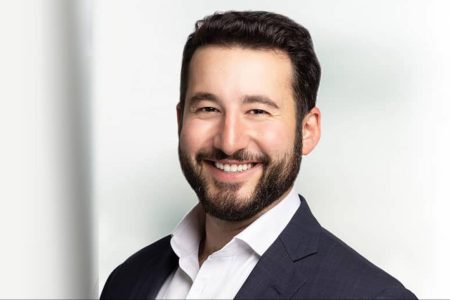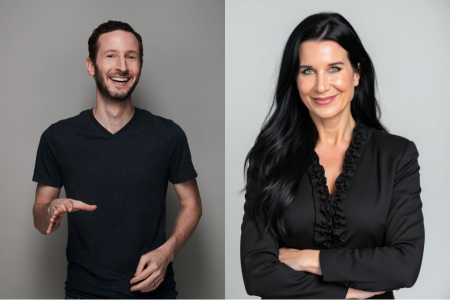In this ongoing series, we are sharing advice, tips and insights from real entrepreneurs who are out there doing business battle on a daily basis. (Answers have been edited and condensed for clarity.)
Who are you and what’s your business?
I’m Dr. Lloyd Glauberman, a Manhattan-based psychologist in private practice specializing in the treatment of anxiety, mood disorders and relationship issues. Seeing firsthand how many psychological problems are caused or exacerbated by poor lifestyle choices, I sought to create a language for “health and wellness,” which would clarify and energize people’s commitment to themselves. This resulted in the development of Lifestyle Intelligence (LQ). To teach this new language, I created the LQ app, a cutting-edge program designed to give you a deeper understanding of your cognitive and behavioral patterns in order to make the necessary changes needed to live a healthier and happier life.
What inspired you to create this business?
I realized years ago that the way we think about health and wellness is broken. If it wasn’t, why would nearly half of U.S. adults be on track to be obese by 2030? The current system isn’t working, period.
My true “aha” moment was when I read a study about brain health and sleep and learned that the brain cleans itself while we’re sleeping. I thought that this incredible discovery would be the catalyst that would “‘wake people up,” no pun intended, to take sleep more seriously and lessen the possibility of developing dementia in later life. But nothing changed, and I realized something had to be done. And while the whole ecosystem of LQ is vital to our health, our relationship around sleep is the centerpiece.
If I could change one thing right now to improve our societal LQ, I would have all public middle schools and high schools start no earlier than 9 a.m. Children need a lot more sleep than adults do. So why are we knowingly harming the health of our children by programming sleep deprivation into their lives?
Related: Watch the latest episode of “Entrepreneur Elevator Pitch” now
What was your biggest business challenge and how did you pivot to overcome it?
Introducing the concept of LQ was challenging because I am asking people to look at health and wellness in a totally new way. Part of the process was structural, figuring out how to deliver the content so it would stick. Sure, I could write a book, but the issue with going this route was the likelihood that people would skim through it and not retain enough information to catalyze deep understanding and ultimately lasting behavioral change. So, I created an app. This way I could build a relationship with the listener and guide the learning process so as to maximize the possibility of long-term success.
However, I still had to figure out a way to deliver the information so it was adequate enough to generate a slow-down but would still appeal to the modern learner’s familiarity with technology. Ultimately, I landed on 3-minute daily tracks that didn’t allow the listener to speed up the learning and evolutionary process. While it takes longer for people to do the work necessary to begin improving their LQ, the feedback so far from those who have stuck with it has been positive.
What advice would you give entrepreneurs looking to launch an app?
Don’t be afraid to launch. Be okay with imperfection. Listen, learn, and adjust. First off, you have to believe in what you are doing. If you just want to make money, then you are most likely going to be disappointed because you need passion to stick with the process. Second, you need to anticipate a lot of slow, intermittent changes. You’ll take three steps forward and one step back almost the entire time. But you must have a plan to avoid analysis paralysis. It’s a cliché, but you could go down the tinkering and revision rabbit hole forever. Incremental improvements are key to app development as well as to Lifestyle Intelligence.
Related: The First Female RV Company CEO on Bringing Ultra Luxury to Land Travel
What does the word “entrepreneur” mean to you?
An entrepreneur is someone who is willing to take risks and willing to fail. And when you do, which I have learned is an inevitable part of starting a business, you must have the strength and motivation to get back up and keep moving forward.
What is something many aspiring business owners think they need that they really don’t?
It may be counterintuitive, but unwavering confidence is actually something you don’t need. It is more than okay to feel insecure at times. In fact, it’s both normal and inevitable. You’ll actually grow your confidence and resilience when you understand this ebb and flow process. This sequence also helps with decision-making. You’ll be more open to feedback, and you won’t be held back by your ego. It’s a sign you actually believe in yourself and what you’re introducing to the world.
Related: How This Wife and Husband Team Turned Their Hobby Into a Thriving Business
Photo credit: Dr. Lloyd Glauberman
Read the full article here










